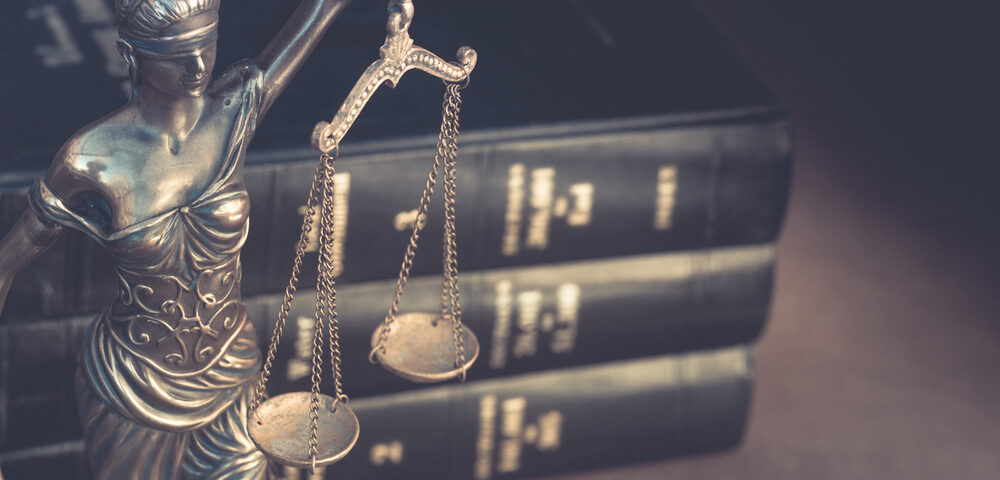An online store owner marketing a product copied pictures of the product that he found online. Shortly thereafter he received a letter from the photographer who claimed to be entitled to compensation without proof of damage at ILS 100,000 for infringement of copyrights for each infringement separately. While copyright is worthy of protection, recently we witness more than a few cases where photographers or artists filed excessive demands after their works were unlawfully used (sometimes innocently) on websites - such demands sometime reaching hundreds of thousands of Shekels. It is important to know that even though the Israeli Copyright Act sets a statutory compensation without proof of damage the Court is empowered to reduce the compensation, sometimes significantly, under certain circumstances.
The Israeli Copyright Act, 2007, is designed to protect the rights of the creator and ןמ order to ease the requirement to prove damage a price tag of ILS 100,000 for each violation without requirement to prove damages. The law provides compensation without proof of damage but when determining the remedy the Court may consider, among other things, various considerations regarding the nature of the infringement. Such considerations include the scope of the infringement - whether there have been multiple violations, the nature of the violation and the way it was carried out. Thus, for example, a systematic and intentional copying and distribution of a work on the Internet may be a reasoning for increased compensation while a single violation with limited circulation may be reasoning for reducing it.
The Court will also take into account the length of the infringement and will examine whether the infringement was made for a long or a short period of time. The Court also examines the tortfeasor's good faith. If an infringement was made indirectly and inadvertently or in good faith and was ceased immediately upon notice, it will not be treated the same as a case of an infringement made knowingly or with indifference to the possibility of copyright infringement or when the tortfeasor did not cease the infringement immediately upon notice.
There are cases where the Court will take into account the characteristics of the defendant's activity. For example, the Court will tend to be more when the infringement was for commercial purposes and for-profit basis, as opposed to an infringement committed for personal or non-profit purposes.
In some cases, the Court will consider a number of infringements as a single act. For example, copying pictures from a catalog and publication as part of another catalog may be considered as a single infringement even if multiple images were copied. This may mean a considerable reduction in the compensation afforded.
It is advised to avoid any copyright infringement, but it is important that even if one did infringe a copyright the conduct after the act could have a significant effect on the Court ruling and it is thus vital to immediately be advised by an attorney specializing in the field.

